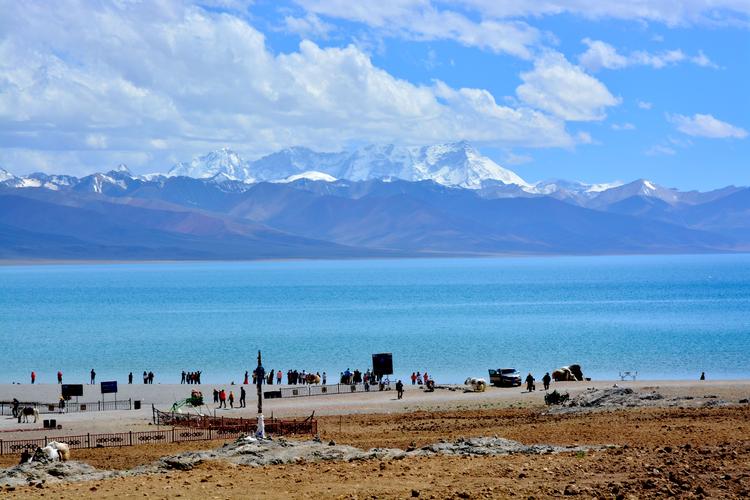Exploring the Diversity of Middle East Cultural Celebrations
The Middle East is known for its rich cultural diversity that is reflected in everything, including the way its people celebrate their traditions and cultures. From traditional festivals honoring long-standing customs to modern-day celebrations of community and culture, there’s something for everyone in the Middle East.
A Brief History
The Middle East is home to a broad variety of cultural celebrations, each with its unique history and meaning. Some of the most significant include:
Ramadan
Ramadan is one of the most widely celebrated Islamic festivals. It is a month-long period of fast during daylight hours where people come together to pray, break their fast, and celebrate with friends and family.
Eid-al-Fitr
Eid-al-Fitr marks the end of Ramadan. It is a time for festive meals, community events, and exchanging gifts. It’s a joyous occasion that brings people together to celebrate their accomplishments during the month of Ramadan.
Yom Kippur
Yom Kippur is a Jewish holiday that includes a day of fasting and reflection. People use this day to ask for forgiveness of their sins and begin the new year with a fresh slate.
Diwali
Diwali is the Hindu Festival of Lights. It is celebrated by lighting up homes and streets with lamps and candles and exchanging gifts. It is a time for people to come together with their families, enjoy traditional food, and dress up in bright colors.
The Celebrations Today
Despite the changing times, traditional cultural celebrations remain an important part of Middle Eastern life. In addition to the traditional celebrations, people in the Middle East now also mark international holidays such as Valentine’s Day and Christmas. These celebrations are more westernized, but people in the Middle East have given them a local flavor.
However, the core values behind these celebrations remain, and that is togetherness, family, and community.
Conclusion
Culture is an essential part of our identity, and the Middle East has a unique cultural heritage that celebrates its diversity. These celebrations bring people together, irrespective of their differences, to appreciate the rich history of their ancestry. By honoring these traditions, we keep our cultural heritage alive and pass it down to future generations.
(Note: Do you have knowledge or insights to share? Unlock new opportunities and expand your reach by joining our authors team. Click Registration to join us and share your expertise with our readers.)
Speech tips:
Please note that any statements involving politics will not be approved.
